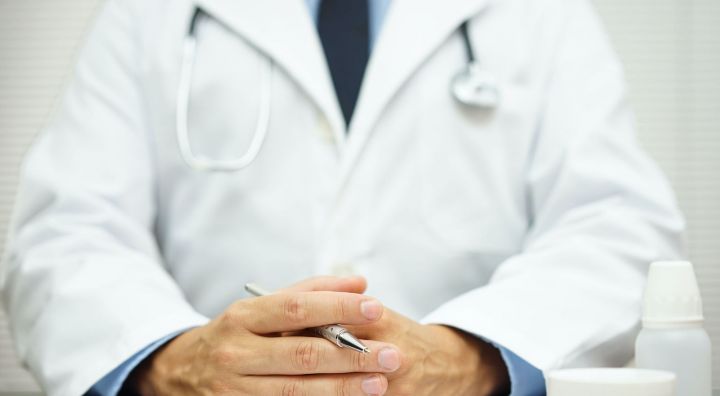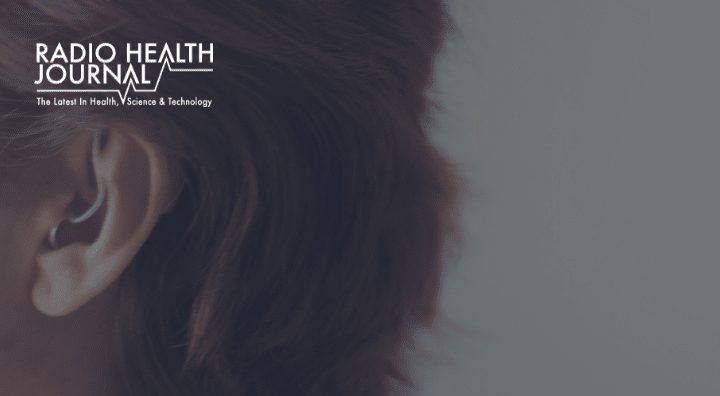Egg donation can solve infertility, but it can be a minefield of emotional risks, especially if the donor and recipient are family or friends. An author/journalist who has donated twice with vastly different results discusses the technology and what to look out for when approaching egg donation.
Guest Information:
- Alicia Young, author, Two Eggs, Two Kids: An Egg Donor’s Account of Friendship, Infertility and Secrets
Links for more info:
18-02 The Psychology of Egg Donation
Lynn Holley: Reproductive technology isn’t unusual anymore. Worldwide, five million test tube babies have been born, and in the United States they account for about 1% of all births. But some couples have to take in vitro fertilization techniques farther than others. For example, some women’s eggs are simply unusable, so they may turn to an egg donor, often from a family member or friend. That’s how Alicia Young became the biological mother of two of her friends’s children.
Alicia Young: Something happened one day that really struck a chord with me. The first time we donated was to Rachel’s parents. And Rachel’s mother and I were Child Protection social workers together and one day, she said something that struck very close for me. She said, ‘Everyday, we go out and we investigate parents who beat their children, starve their children, and worse. All I want is one of my own to cherish.’
Holley: Young is now a television journalist in Australia. She recounts her experiences in her memoir Two Eggs, Two Kids: An Egg Donor’s Account of Friendship, Infertility and Secrets.
Young: They were so hungry to be parents. They were so hungry to welcome a child into their life, and they navigated so many years of disappointment. She would say every month is a failure. Fortunately, I was a good candidate. It worked out very well physically and emotionally and, for our part, John and I are delighted to see them as parents.
Holley: However, Young warns that donating eggs to a friend or family member comes with emotional risks. Both parents on each side of the transaction have to be completely open and honest, or it’s a recipe for resentment.
Young: John and I offered my eggs to Rachel’s parents. They didn’t actually come forward. We knew that they were going through issues, they were very open and candid about it. And we decided together we were very comfortable with it. I wouldn’t have ever gone through it if my husband, John, had not been 110% comfortable with it. Because at the end of the day, the biological reality is that I was having a child with another man. So we both had to be very comfortable with the idea. Now, if John had become uncomfortable or felt threatened at any point through it, then our friends had actually given us many outs. ‘Are you sure you want to do this? Would you like to take some time and re-think this through?’ All that kind of thing.
Holley: That’s why young says prospective egg donors go through both physical and psychological screening before the process begins.
Young: It’s reasonably involved, as you would imagine it would be. First off, you have to have a physical; there are a number of blood tests that are taken, and usually an ultrasound as well. As one lady put it, ‘Just to check that the plumbing is all working and all okay.’ You also go through a psychological assessment at the same time to determine if you’re a good candidate. I was asked what is my motivation to donate? Did I feel any pressure or guilt that was motivating me to offer our eggs? We were asked about, ‘Look, you’ve chosen not to have your own children, so why give your eggs to someone else?’ What was happening there? The psychologist asked how might I likely feel about having a connection to a child but no legal claim to that child. So I went through a checklist, if you like, of different issues.
Holley: That was back in 1998. Her biological daughter, Rachel, is now 16 and knows all about her parentage. Young says Rachel considers her to be sort of a spare mom, or an especially close aunt. It’s worked out well and Young didn’t keep it a secret.
Young: We couldn’t have guessed five years later, everything would change. The phone would ring, and a different friend would ask us to donate. So the first time, I offered. This time, a new friend was asking us. The penny didn’t drop for me immediately, she was very distressed and she said, ‘I’ve been told I need an egg donor.’ And I said, ‘Well, I’m sure your sister would help you.’ ‘No, my sister has the same women’s health issues as me. And I said ‘What about that cousin that you’re close with? After she’s given time to think, she may come around to it.’ She said, ‘No, I don’t want anyone knowing I’m infertile.’ The phone went silent for a moment and I said, ‘Oh, are you asking me?’ And she said, ‘Well, you have done it before.’
Holley: However, this donation has ended up completely different than the happy, open relationship with Rachel and her parents. The resulting child, Sam, is now 12, and doesn’t know that his mother, Kate, isn’t his biological mother. She’s kept it a secret.
Young: To be fair, Thomas, Sam’s father, wanted to be very open with Sam about his origins from day one, in age appropriate language, that he would understand, he’d have a relationship with his auntie and then as he got older, he would know the full story. And, when we all had a group session with a clinical psychologist to talk about this, they both pledged to be very open with any child or children that originated with the donation. Unfortunately, real life comes into it as well and despite the best intentions, when Sam was born, Kate became very secretive. She said it was because she didn’t feel complete as a woman, she didn’t want friends or family to know that she had needed an egg donor. My heart broke for her, no question, but at the end of the day, I believe it is Sam’s right to know his story, to own his story, and to realize that he has a half-sister.
Holley: Young says by the time potential recipients turn to an egg donor, they’ve usually tried IVF multiple times and failed. It may be that Kate hadn’t worked through her grief over that before becoming pregnant. Since then, young says her relationship with Kate has fallen apart over other issues, as has Kate’s marriage. But you have to wonder if keeping such a big secret played a role.
Young: It’s a loaded issue, and one that needs to be navigated very carefully, usually with the help of a psychologist and/or perhaps with a person from your place of worship as well in that kind of spiritual capacity. One think I often say to people is, ‘If you’re considering being an egg donor recipient, first question: how recently have you been told you need an egg donor? Was it yesterday, was it six months ago?’ Because if you’ve just been told, you deserve time to move through the grief of needing one in the first place, the grief of not being able to conceive on your own. You’ve got to ask yourself what does it mean to have an egg donor? What will it mean for my relationship with my child? How I perceive myself as a mother? You’ve got to ask yourself are you ready for this? Do you want an anonymous egg donor or are you considering someone, for example, within your family, which brings both pros and cons?
Holley: It’s not uncommon to see advertising for anonymous donors on college campuses, with a going rate of $5-to-10 thousand dollars per donation. But Young says that can be an emotional minefield as well. Donating eggs isn’t quite like giving blood.
Young: It deserves thought, it deserves careful consideration. Having said that, it doesn’t make you any less of a person, I think, to be able to take a somewhat detached view. And some people would well argue it’s healthy to do that. If you’re going to be an anonymous donor, make sure that you’re really comfortable not knowing the outcome of the pregnancy, not knowing when the child is born, how many children are born, the faith that they are raised in or no faith at all. It can be very healthy to stay detached from that.
Holley: Young has plenty of advice for potential donors and recipients, both women and their partners, in her book, which is available at her website, TwoEggsTwoKids.com. You can find out more about all of our guests on our website, radiohealthjournal.net. Our production director is Sean Waldron. I’m Lynn Holley.
Sign up to receive email updates
Enter your name and email address below and I’ll send you periodic updates about the podcast.











Leave a Reply